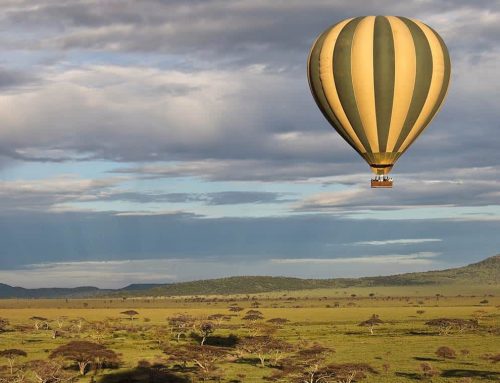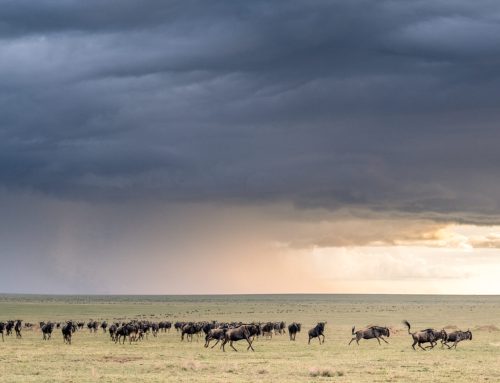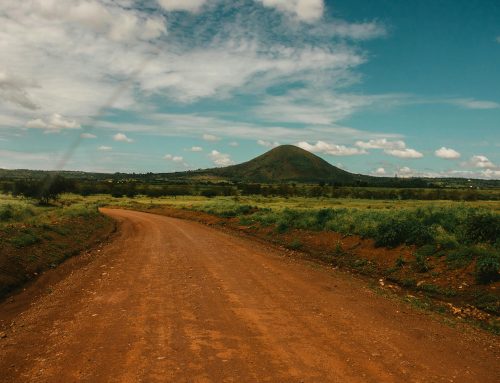
Traveling to a new country is an exciting adventure filled with opportunities to explore diverse cultures, landscapes, and traditions. One aspect that often varies significantly from one destination to another is tipping etiquette. Understanding the tipping customs of the country you’re visiting is crucial for ensuring a smooth and respectful interaction with local service providers.
Tipping in Tanzania is an important part of the service industry, reflecting your appreciation for the hospitality and services received. Knowing when and how much to tip can enhance your travel experience, foster goodwill, and support the local economy. This guide aims to provide you with a comprehensive understanding of tipping practices in Tanzania, helping you navigate this aspect of your trip with confidence and cultural sensitivity.
Whether you’re dining at a local restaurant, embarking on a safari, or enjoying a stay at a lodge, being informed about tipping etiquette will ensure you show your gratitude appropriately and enjoy a positive relationship with those who make your journey memorable.
General Tipping Culture in Tanzania
Tipping in Tanzania is a common practice and is generally expected in the service industry. Tipping is seen as a way to show appreciation for good service, and it plays an important role in supplementing the income of many service workers. While the exact amounts can vary depending on the situation and the quality of service provided, tipping is generally modest and based on a few general guidelines.
• Restaurants: It is customary to leave a tip of around 10% if service charges are not included.
• Hotel staff: Small tips of a few dollars for porters and housekeeping are appreciated.
• Safari guides and drivers: Typically receive higher tips due to the extensive service provided.

When Is the Right Time to Tip in Tanzania?
In Tanzania, tipping is influenced by personal choice and the context of the service. Whether you prefer to tip individually or use a tip jar, here are some guidelines to help you determine the best times to tip:
At Camps and Lodges
Tipping Individually: You can tip each time a staff member serves you. For example, tip porters when they handle your luggage or waitstaff after each meal.
Tipping at the End: If you choose to tip at the end of your stay, keep in mind that finding a specific staff member might be challenging.
Using a Tip Jar: The standard practice is to tip during checkout. This way, your tips are shared among all the staff members who contributed to your experience.
For Your Safari Driver-Guides
The customary practice is to tip your safari driver-guide at the end of the safari. This allows you to assess the overall quality of their service and acknowledge their efforts as a parting gift.
When Tipping is Not Necessary
Tipping in Tanzania is not as customary or expected as in some other countries. Here are instances where tipping is not required:
Street Vendors and Markets: Tipping is not expected when purchasing goods from street vendors or at local markets. Prices are usually negotiated upfront.
Public Transportation: When using dala-dalas (minibusses), bajajis (three-wheeled taxis), or regular taxis, tipping is not required. The fare is typically agreed upon before the ride.
Self-Service Establishments: In places like self-service cafeterias, buffets, or fast food restaurants, tipping is generally not practiced. You simply pay for your food at the counter.
Government Offices and Services: When dealing with any government-related services, such as getting a visa or paying taxes, tipping is neither necessary nor appropriate.
Local Bars and Cafes: In casual, local bars and cafes, tipping is not common. Customers typically pay for their drinks or food at the counter without adding an extra gratuity.
Being aware of these practices can help you navigate tipping in Tanzania with ease and confidence.
How Much Should I Tip in Tanzania?
There are no set rules or expectations for tipping amounts in Tanzania, and it is ultimately up to you to decide what you feel comfortable with. The following guidelines can help you determine appropriate amounts in various situations. If your expectations have been exceeded, feel free to tip above these guidelines. Conversely, if you are not satisfied, adjust accordingly.
For ease of tipping, carry some loose change with you, either in one-dollar bills or the equivalent in the local Tanzanian currency. Euros or Sterling Pounds are also generally accepted, but keep an eye on currency conversion rates. Here are examples of how much you can tio in certain situations:
Tipping Your Safari Driver-Guides
Small Group Safaris (2-4 people): Tip between USD 10 and USD 20 per traveler per day. Large Group Safaris (more than five people): Tip collectively between USD 30 and USD 40 per group per day.
Half-Day Safaris and Tours: Tip half the suggested range. Tips for safari driver guides are usually given at the end of the safari when bidding farewell.
Tipping Staff at Camps and Lodges: Tip between 2 and USD 4 per traveler per day at checkout if using the community tip jar. You may also tip a similar amount to staff members who have served you personally during your stay.




